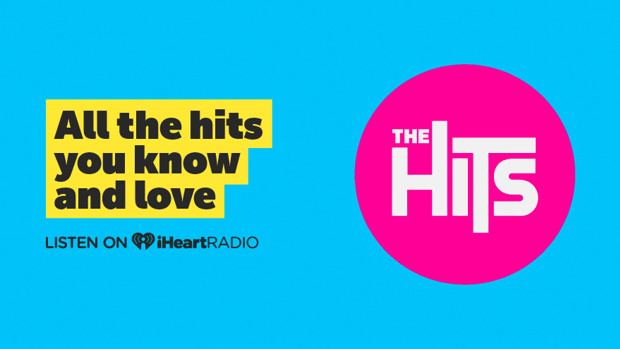Are Our Students Cleaning Toilets To Pass NCEA?
- Publish Date
- Wednesday, 28 September 2016, 7:36AM

There was a handful of entries for cleaning credits, including courses where students learned about emptying bins, cleaning toilets and washing floors. Photo / 123RF
Despite an increased focus on "meaningful" skills-based study some teenagers are still taking dubious NCEA standards - learning about toilet cleaning, household shopping and shift work.
The detailed student entry data was uncovered as part of a Herald investigation into soaring high school pass rates.
The number of students with the benchmark NCEA Level 2 rose more than 10 percent in the past five years, with data showing large chunks of the credits earned came from more skills-based subjects.
Figures showed the most popular of those during 2015 were hospitality, tourism and outdoor recreation, closely followed by construction trades - largely areas with demand for workers.
It follows a push from the Government around its "vocational pathways" policy, to ensure credits earned during NCEA led somewhere useful post-school.
However, data showed a miscellaneous category named "Core Generic" also had very high entry numbers - alongside a bunch of standards described as "garbage".
Among those were a handful of entries for cleaning credits, including in courses where students learned about emptying bins, clearning toilets and washing floors.
More than 700 students also took a course on "purchasing household consumables", while 16 took a course on "managing shift work".
A standard requiring students to "demonstrate knowledge of law enforcement" had 1700 entries, while a course on "anger issues" had 3500, and another on solving issues at rental properties had 8000.
Other more popular courses included "making filter coffee", a major part of hospitality, with 18,000 entries in five years.
Most of the standards pertain to industry qualifications, and were offered under the Government's Youth Guarantee scheme, where secondary students can attend tertiary training while still enrolled at schools.
Some attend tertiary full time, while others go to school for part of the week.
Former Auckland Grammar principal John Morris, a long time NCEA critic, said some of the standards were "garbage", although the number of those kind of standards had been reduced.
"Why you'd develop a standard for that kind of thing is beyond me. Some things, like woodwork, that's a skill. The others are just manual labour."
Morris thought NCEA needed more rigorous assessment within the vocational subjects, and mandatory core subjects, to raise quality. He also said there needed to be consideration as to which pathways were pushed by schools.
"I think hospitality is the flavour of the month. The students will probably get a job, but is it going to be great for the country that we've got a lot more baristas?
However PPTA president Angela Roberts said the standards did not mean the vocational side of NCEA should be dismissed wholesale.
"The thing that makes my heart sink is that there will be a lot of people who will instantly draw the conclusion that NCEA is broken because there are a few kids doing these standards," she said.
"I'm not saying that learning how to make coffee isn't important for people that will employ those students it's about making it's at the right level in comparison with the achievement standards."
She believed there needed to be an "alignment" so skills-based standards were more aligned with academic ones.
Currently, NCEA is made up of both skills-based (unit) and academic (achievement) standards.
Students need 80 credits to pass and they can come from any standard and any subject.
Take your Radio, Podcasts and Music with you

